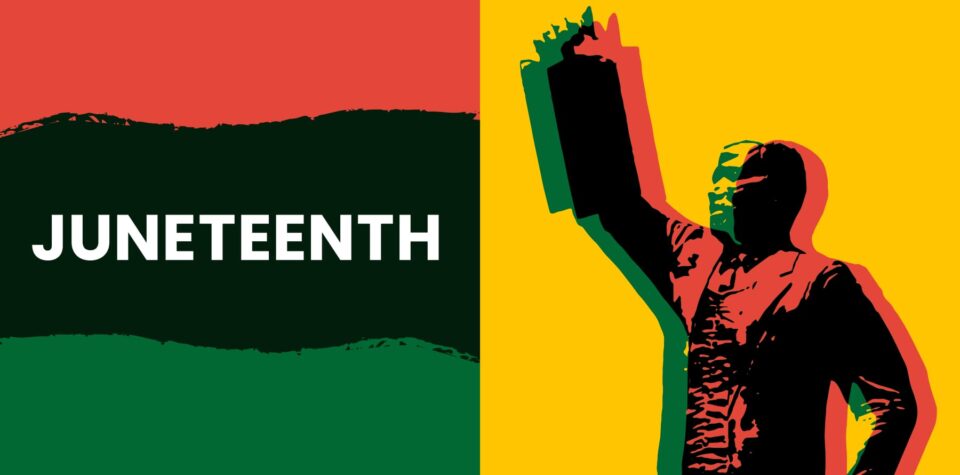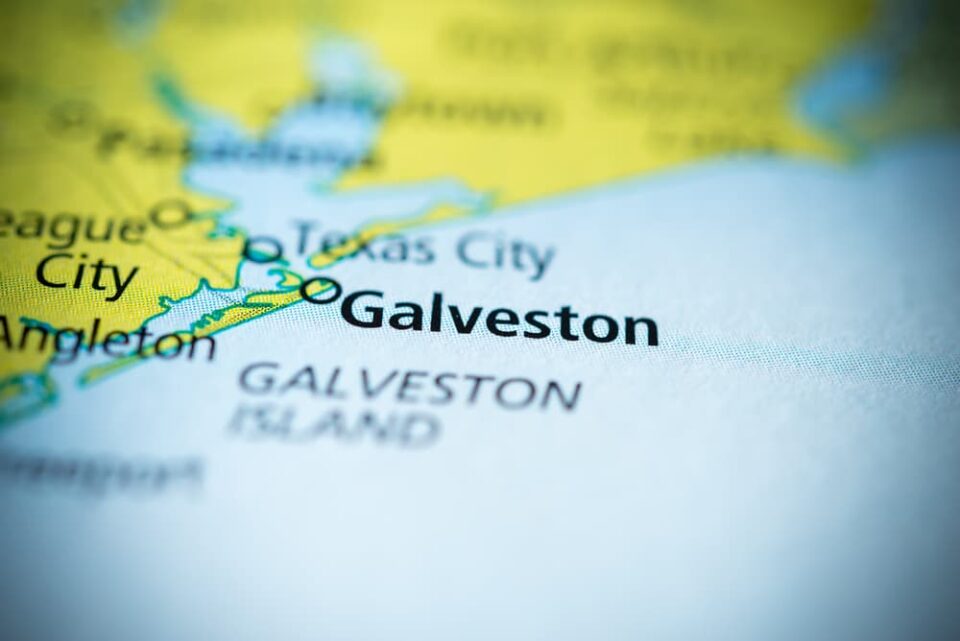
Juneteenth
Juneteenth celebrates the arrival of Union troops in Galveston, Texas, on June 19, 1865, at the end of the US Civil War. That day marked the emancipation of enslaved people in Texas, the last of the former Confederate states to come under Union control, more than two years after the Emancipation Proclamation was signed by President Abraham Lincoln on January 1, 1863.
Juneteenth does not mark the definitive end of slavery in the United States. The Emancipation Proclamation only affected states not under Union control when it was issued. Slavery remained legal in Delaware and Kentucky, Union states whose legislatures had not put an end to slavery. The final abolition of slavery in the United States did not take place until ratification of the 13th Amendment on December 6, 1865.
What Happened on June 19, 1865

On the day that gave Juneteenth its name, a Union army entered Galveston, Texas. Its commander, Major General Gordon Granger, issued a series of general orders. They affected the government of the state in a number of ways, including nullifying the laws passed by Texas’s Confederate legislature and codifying the procedure by which Confederate soldiers were expected to report for parole. Granger’s most important order, General Order No. 3, opened with: “The people of Texas are informed that, in accordance with a proclamation from the Executive of the United States, all slaves are free.” Soldiers from Granger’s army read the order throughout the city.
The news was greeted with jubilation by enslaved people, but it took time to spread through the vast territory of Texas, and many slaveholders resisted it. Texas, the westernmost Confederate state, had become a final stronghold for many slaveholders fleeing the Union’s advance throughout the rest of the Confederacy.
Juneteenth quickly became a day of celebration. Former slaves in Texas began marking their emancipation in 1866 with parades, political rallies, and church services, and Juneteenth became an important annual tradition for them and their descendants.
Juneteenth Now
Juneteenth has been important in Texas since its inception. But as African Americans from Texas migrated to the rest of the country, they brought the celebration with them. Juneteenth became less popular nationally in the mid-20th century but experienced a resurgence in the late 1960s and early 1970s, when leaders from the Civil Rights Movement organized celebrations around the country after the Poor People’s March to Washington, D.C., in 1968.
State by state, beginning with Texas in 1980, African American leaders succeeded in getting state legislatures to recognize Juneteenth as an official holiday. It became an official federal holiday in 2021.
Learn More
Public celebrations of Juneteenth take place in hundreds of cities around the United States and involve performances, rodeos, guest speakers, and more. Your local Black chamber of commerce, university organizations for Black students, historical society, parks and recreation department, or city council may be able to direct you to events open to the public. Attending one near you is a great way to learn more about the holiday and what it means in America today.
Juneteenth also provides an excellent starting place to dig into and talk about the remarkable, complex, and ongoing legacy of the African American experience in the United States. Visit your local library and see what it has to offer. Many public libraries curate selections of books appropriate for readers of all ages around Juneteenth.
